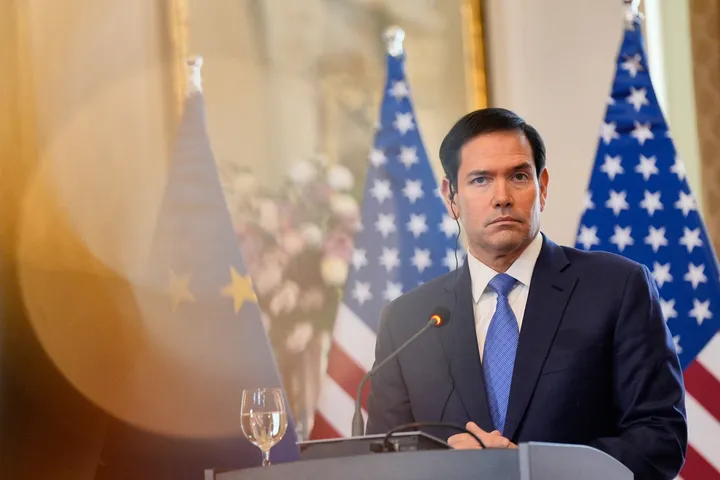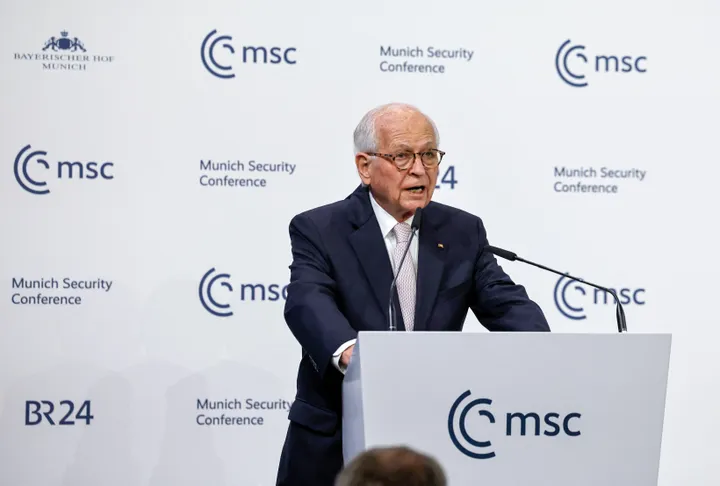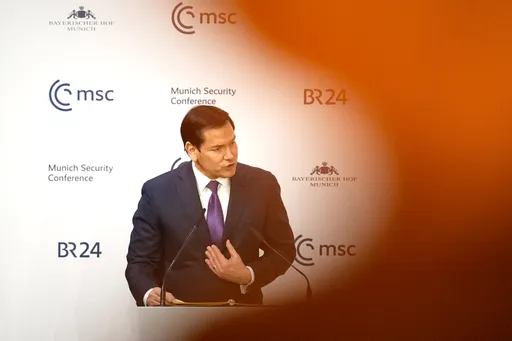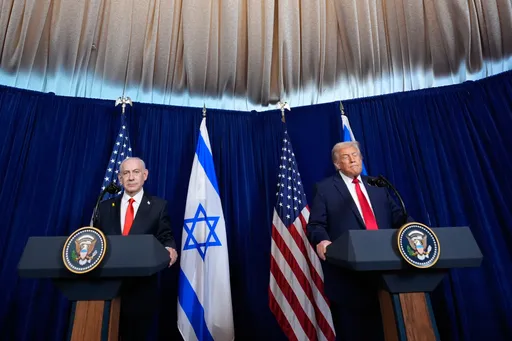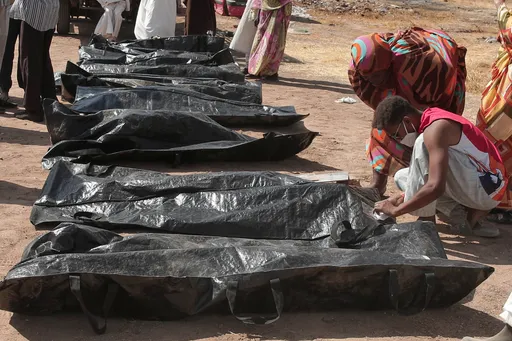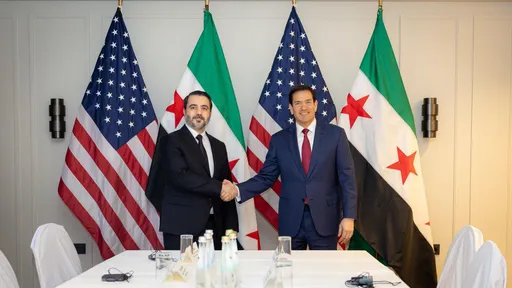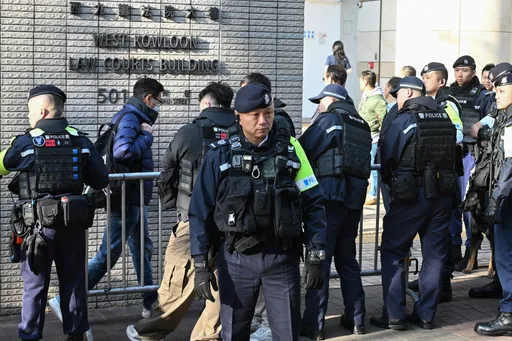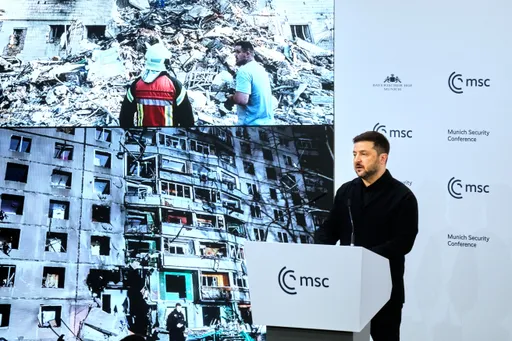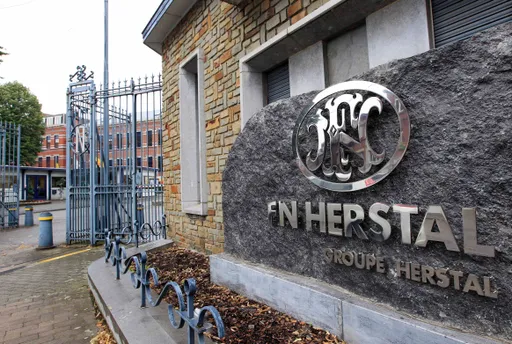The cessation of armed hostilities often represents not the harbinger of enduring peace but rather an interlude preceding the potential outbreak of comprehensive warfare.
This assessment is particularly pertinent in the context of Libya, a nation beset by multifaceted crises - political, military, and social - in the aftermath of the 2011 revolution.
Since the overthrow of Muammar Gaddafi in 2011, Libya has been the theatre of multiple endeavours to institute democratic governance. Yet, these efforts have not culminated in the establishment of positive peace.
Notably, the annulment of the elections, originally scheduled for December 2021, precipitated extensive conflicts in Tripoli, the capital, in March and December of 2022, underscoring the fragile state of Libya's political landscape.
The ongoing conflict dynamics in Libya can be analytically framed as a power struggle between the entrenched 'insiders' and marginalised 'outsiders' within the existing political structure.
This paradigm has manifested either through power-sharing mechanisms designed to sustain the pre-existing status quo or via peace accords that have resulted in a fragile peace, which remains unsatisfactory to certain factions.
Instances where key actors such as warlord Khalifa Haftar, the divisive figure in the East, or the armed groups operating within the capital, Tripoli, have been sidelined from economic and political conciliations typically coincide with heightened mobilisation and intensified polarising discourse from these entities.
Navigating through persistent hurdles
The political transition in Libya since 2011 has been impeded by a confluence of internal and external impediments.
A primary factor is the role of regional and international interventions, which have systematically marginalised local negotiation frameworks.
The complexity of Libya's political landscape is further compounded by the diverse influences exerted by a myriad of regional and international actors, each shaping the political climate to suit their respective interests.
A critical obstacle to national unity lies in the power-sharing disputes among armed groups operating across the eastern and western regions.
This dynamic is underscored by Wolfram Lacher's observation that in Libya, these groups have effectively transformed into state actors, engaging vigorously in preserving their accrued political and economic interests.
Moreover, the legacy of a weakened central governance structure from the Gaddafi era, compounded by the fragmentation among various political factions, has perpetuated legitimacy crises, particularly in the western-central government post-2016.
The civil wars following 2011 have exacerbated regional animosities, which have been strategically leveraged by specific political and military elites.
The case of warlord Haftar and Benghazi is illustrative. In 2014, he galvanised eastern tribes and former military personnel in opposition to the then-Tripoli government. This scenario has significantly heightened regionalisation, thereby stymieing the trajectory of the political process.
Economic instability, especially the contentious distribution of oil revenues, presents yet another layer of complexity.
The 2022 appointments within the National Oil Corporation (NOC), notably the appointment of Farhat Bengdara, a figure aligned with Haftar as its head, have sparked debates indicative of underlying power-sharing dynamics.
The deferral of the 2021 elections has catapulted constitutional dialogues to the forefront, transforming the prospective presidential candidates' questions into a focal point of crisis.
The controversial candidacy of Haftar, a war criminal and US citizen, in previous elections epitomises the challenges obstructing the electoral process.
Anticipating the next chapter
In light of these developments, several potential scenarios for 2024 in Libya can be contemplated.
The first scenario involves the effective functioning of the Government of National Unity (GNU) led by Abdulhamid Dbeibeh, achieving political reconciliation between the eastern and western regions of the country.
This optimistic scenario, arguably the most desirable for Libya's peace and stability, could be greatly beneficial for the arrangement of postponed national elections and the success of committees and forums established to draft a new constitution.
The second scenario envisages the continuation of the current status quo, with deepening political and social divisions.
Efforts to disrupt this status quo, as seen in 2021 and 2022, may culminate in small- to medium-scale conflicts. As observed in December 2022, such conflicts could potentially spill over into urban centres and civilian areas, escalating the risks involved.
In this scenario, where violence against civilians increases, regional or international interventions might also rise proportionally. Akin to the 2011 NATO intervention under the Responsibility to Protect (R2P) doctrine, such interventions could lead to the country's fragmentation, making this scenario a predominantly pessimistic forecast.
The third and final scenario is a more balanced one, wherein regional and international actors increasingly employ 'preventive diplomacy' over military alternatives.
The role of Senegalese diplomat Abdoulaye Bathily and the United Nations Support Mission in Libya (UNSMIL) is particularly significant in this context.
Since its establishment in 2011, there has been a noticeable shift from sidelining the principle of local ownership to adopting more inclusive steps. Recently, Bathily met academics and jurists from universities and bar associations in Tripoli, Misrata, and Zawiya.
UNSMIL's media office emphasised the necessity of ongoing dialogues to develop a comprehensive constitutional framework that reflects the will of all Libyans, a critical step towards sustainable political stability in the country.
Undoubtedly, such initiatives can contribute to Libya's long-term path to peace and stability, enhancing the nation's self-governance capacity.
In summary, the political trajectory in Libya is evolving amidst entrenched historical, societal, and political schisms. A critical inquiry for 2024 will revolve around the future progression of these divides and the feasibility of conducting elections.
Nonetheless, transcending the prevailing atmosphere of status quo impinging upon the nation's political advancements, must be prioritised as the quintessential goal.
Consequently, it is imperative that international stakeholders forge a collaborative effort to avert Libya's descent into another 'failed state' with ungoverned spaces, which can be also regarded as a safe haven for different non-state armed groups (NSAGs) affiliated with terrorist organisations operating in the neighbouring Sahel region.

